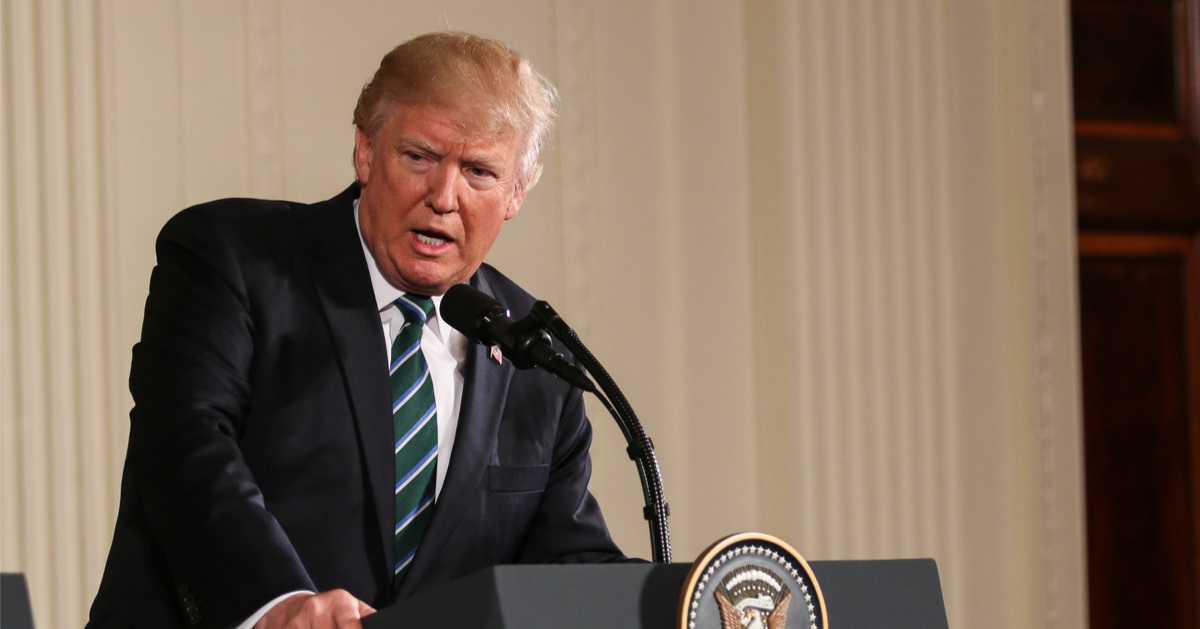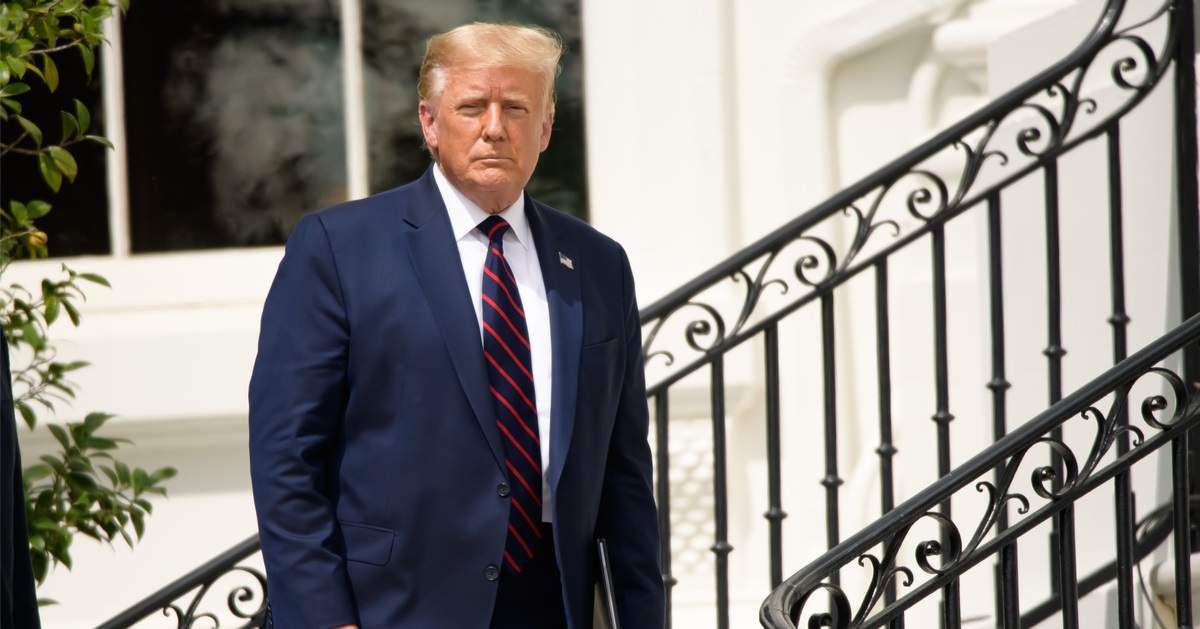Supreme Court agrees to hear challenge against law that would ban TikTok in the U.S.
After years of debate, a bipartisan Congress and President Joe Biden passed and signed into law a measure that would ban Chinese-owned social media platform TikTok in the U.S. unless its current parent company, ByteDance, was sold to U.S. ownership.
On Wednesday, the Supreme Court announced that it would take up an emergency challenge to the constitutionality of that law, which is set to take effect on Jan. 19 next year, according to the Associated Press.
TikTok, along with some of its estimated 170 million U.S. users, have argued that the law and potential ban of the popular platform constitutes a direct violation of First Amendment-protected free speech rights.
Law would ban or force sale of TikTok
It was in March that Congress passed along bipartisan lines a bill known as the Protecting Americans from Foreign Adversary Controlled Applications Act, which would prohibit "distributing, maintaining, or providing internet hosting services" in the U.S. for online apps and social media platforms, such as TikTok, that are controlled and owned by foreign adversary nations, such as China.
President Biden signed that bill into law in April, per the AP, and it is scheduled to go into effect on Jan. 19, the final full day of Biden's outgoing administration, at which point TikTok would be banned in the U.S. unless its Chinese ownership was divested.
The pending law was challenged in court by TikTok's parent company, ByteDance, as well as a group of U.S. users who rely on the platform for income, but the law was unanimously upheld as constitutional by a three-judge panel of the D.C. Circuit Court of Appeals, which per the law has exclusive jurisdiction over any challenges to it.
Supreme Court takes up the case
According to SCOTUSblog, TikTok, ByteDance, and the U.S. users filed an emergency petition with the Supreme Court this week that urged swift intervention before the impending Jan. 19 deadline, and in a somewhat surprising move, the high court agreed to take up and expedite the case.
In a one-page order issued on Wednesday, the justices consolidated the two separate but similar petitions filed by the company and the users and scheduled two hours for oral arguments on Jan. 10.
Deadlines were also set for the submission of briefs and replies, and all parties were tasked to focus on the question of "Whether the Protecting Americans from Foreign Adversary Controlled Applications Act, as applied to petitioners, violates the First Amendment."
Trump's evolving stance on TikTok
The AP reported that this sudden Supreme Court development comes just before a change in administration that could potentially include a change in the government's view of TikTok and whether its Chinese ownership and control pose a unique threat to national security and the general public.
Interestingly enough, President-elect Donald Trump often spoke about the need to ban or force a sale of TikTok during his first term in office but, after using the platform with some success during his re-election campaign, has now pledged to "save TikTok" and even hosted TikTok CEO Shou Zi Chew for a dinner at his Mar-a-Lago resort earlier this week.
That apparent change of heart has been seized upon by attorneys for the platform and its users, who've raised the prospect that the incoming Trump Justice Department might be less inclined to enforce a TikTok ban or punish those who violate the challenged law.
Court's decision to accept case praised by free speech advocates
In a statement to the AP, TikTok spokesman Michael Hughes said, "We believe the Court will find the TikTok ban unconstitutional so the over 170 million Americans on our platform can continue to exercise their free speech rights."
The court's move was also heralded by free speech advocates like David Greene, an attorney for the Electronic Frontier Foundation, who said the federal government shouldn't be permitted to restrict free speech "without proving with evidence that the tools are presently seriously harmful. But in this case, Congress has required and the DC Circuit approved TikTok’s forced divestiture based only upon fears of future potential harm. This greatly lowers well-established standards for restricting freedom of speech in the U.S."




